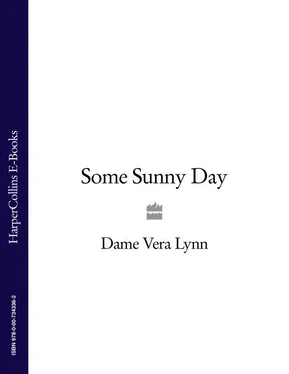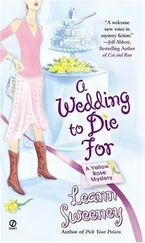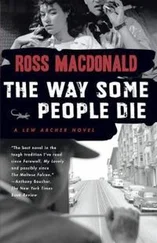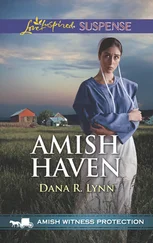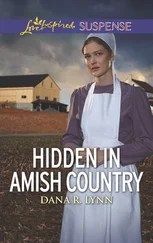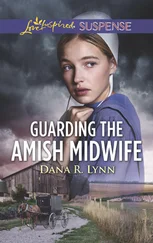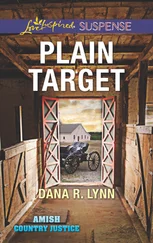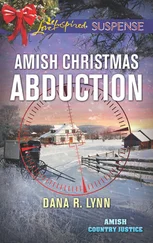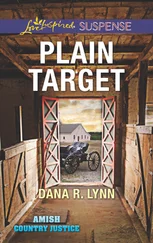I was with the troupe for about four years, and had a lot of fun. Some of the children clearly had no liking for it and no talent, and had merely been conscripted into it by ambitious mothers, but on the whole I don’t think we can have been too bad. We certainly did plenty of work, especially during the school holidays, when we often did shows on the stages of the big local cinemas. As juveniles we were subject to fairly strict controls and licensing regulations; you had to be over fourteen to appear on public stages after a certain hour at night without a licence, which ruined our chances when cousin Joan and I went in for a competition once. We were both under age and neither of us had a licence, but we got through to the semifinal without anyone bothering to check up. Then they said, ‘When you come tomorrow you’ll have to bring your birth certificate with you,’ but they said it to Joan and not to me. They never said it to me because I looked fourteen, even though I wasn’t. But they wanted Joan’s birth certificate, and that would have given the show away. We tried for hours to work out some way round it, but in the end we had to admit defeat, so that was us out of the competition, even though we felt we had a good chance of winning.
I don’t suppose ‘That’s show business’ had become a common phrase by that time, but presumably I accepted that setback (if that’s what it was) as simply one obstacle which time would remove. For in due course I would be fourteen and such problems wouldn’t arise.
I would also be free to leave school. Fourteen was the official leaving age, though you could stay on another year if you wanted to. The drama teacher begged me not to leave, because she wanted to put me into all sorts of productions, but all I wanted was to get away from school. Once I’d left, of course, I began wanting to go back. I realized I’d wasted a lot of precious time by not concentrating; I felt ignorant, and I wanted to return and make up for it.
Not that I ever doubted for a moment that I was going to be a professional singer. Judging by the way she stood over me while I learned my songs, by the way she helped with my costumes and by the way she came with me to whatever show I was doing, whichever club I was working at, I don’t think my mother could have doubted it either. But when I left school she wavered, offering the classic and very reasonable objection that there wasn’t enough security in the life of a professional popular singer. Actually her plan seemed not to have been for me to work at all in the ordinary sense, but to stay at home and help her while carrying on as usual—only more actively—in the clubs. In other words I was to continue to do as much singing as I could get, but that I wasn’t to regard it as my profession.
I didn’t fancy that, because the girl next door had stayed at home after she left school, and in no time at all she seemed to have turned into an old maid. I didn’t want to be like that, so I decided I ought to have a job and I went and signed on at the Labour Exchange. It took them six weeks to come up with something, by which time I’d already lost any enthusiasm for the idea before I even went to a little factory at East Ham to start sewing on buttons for a living. I sat down with a number of other young girls, but we weren’t even allowed to talk. When lunchtime came I went into a little back room with my sandwiches and felt thoroughly miserable. The day seemed never ending.
When I finally did get home, my dad asked me how I’d got on.
‘Horrible,’ I said. ‘You must do this and you mustn’t do that. I don’t want to go back there any more.’
‘How much do you get?’ he asked.
‘Six-and-six.’
‘A day?’
‘No, for the week.’
‘Be damned to that,’ he said. ‘Why, you can earn more than that for one concert. You’re not going back there. What do you have to put up with it all for?’
So I never did go back, and I got a postal order for one-and-a-penny for my day’s work. I can’t say that at this stage I really had any idea myself what I wanted to do with my life. Children thought differently in those days to how they think today. Now they have ideas of what they want to do, but in those days you just went along with what your mother or father said.
But it was fairly typical of my father to side with me over the button factory. He was very much the one for going along with the wishes of his children. In fact he was an enormously easy-going man altogether. While my mother was the sort who, for some years to come, would wait up for me after a show so that I dare not linger or go to any of the many parties that were held, Dad would have said, ‘Go on, mate, do as you like, mate; enjoy yourself, I’m going off to bed.’ Only two things ever really seemed to upset him, and they were quite trivial. If you gave him a cup of tea that hadn’t been sugared he’d carry on as if you’d tried to poison him; and he hated being expected to go to tea at anybody else’s home.
It was the strong principles of my mother that laid down the rules that gave our household and my childhood their peculiar flavour. For example, most families at that time, no matter what their religious views, tended to encourage the children to go to Sunday school, if only to get them out of the way for an hour or so on a Sunday. We were positively not allowed to go to Sunday school. My mother didn’t think it was right to go to church or Sunday school during the day on Sunday, and then go singing in the clubs on Sunday night. I think she was wrong, but that’s what she believed, and there seemed nothing strange about it at the time.
At the latter end of my period with Mrs Harris’s juvenile troupe I was starting to work quite hard as a young entertainer. By the time I left school at fourteen I had, to all intents and purposes, already been earning my living as a performer for seven years, and after that one day’s orthodox employment I never thought of doing anything else. I more or less ran the troupe, and I sang and danced with it, but I still went out solo as well. The engagements were mainly club dates, as they had always been, but I was beginning to add slightly more sophisticated cabaret bookings to my diary—private social functions and dinners. On a ticket to one of them I suddenly found I was being described as ‘the girl with the different voice’. That was a label I should hold on to, I realized. It was nothing spectacular, but it was progress, a kind of hint that I wasn’t to remain working round the clubs for ever, and that I could expect in time to move on to something else.
That something else was to start when I was fifteen, and doing a cabaret spot at Poplar Baths. It was a nerve-racking evening when everything happened at once: I had a foul cold, I encountered my first microphone and I was heard by Howard Baker, the king of the local bandleaders. I didn’t know it at the time, but it was the moment my life really took off.
CHAPTER THREE Vocal Chorus
You can get a real flavour of the period from the advertisements and Howard Baker’s ads were hardly humble:
HOWARD BAKER BANDS
- The Gig King -
Definitely the largest band organization in the country. Howard Baker Bands supplied. Also leading agents for outside combinations. We also supply first-class cabaret and concert artistes for all functions.
Nowadays wording like that has a faintly preposterous ring about it. But in the early 1930s, celebrity was infinitely graded, and while Howard Baker was not a household name, like Roy Fox or Lew Stone or Jack Payne (all bandleaders in their heyday in the 1930s), and he isn’t familiar to later generations, he was every bit as successful as he implied in those pompous ads. Nobody disputed his claim to be the Gig King.
Читать дальше
